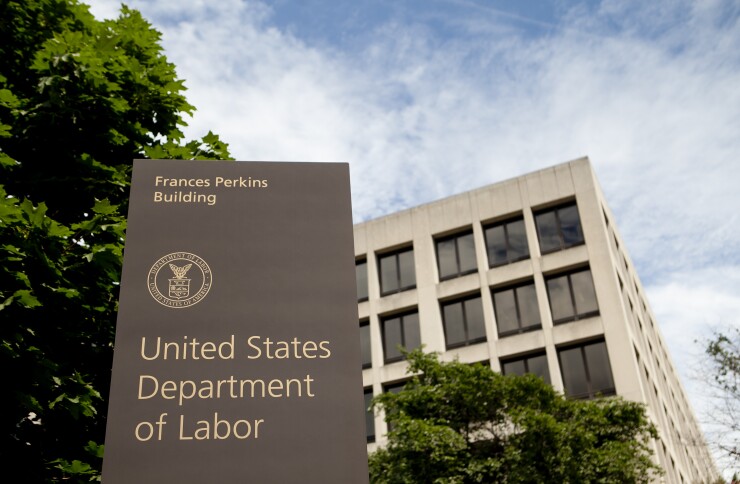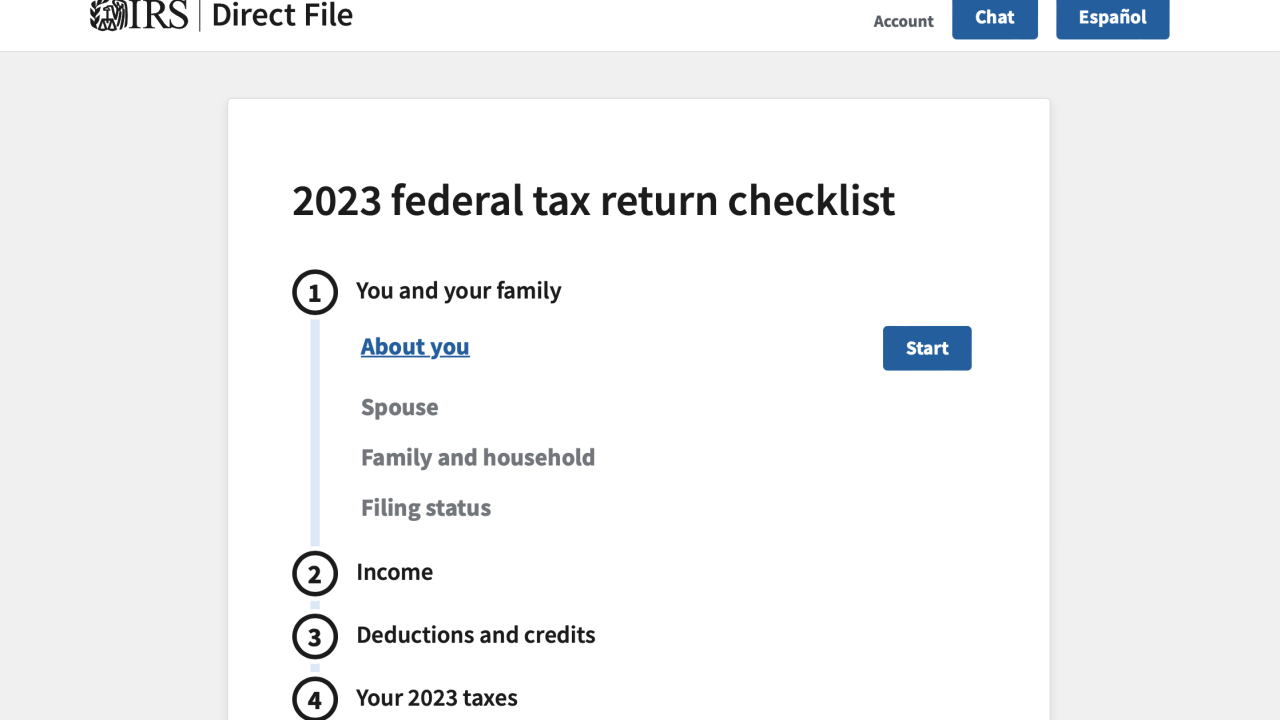The economy added 390,000 jobs in May, the U.S. Bureau of Labor Statistics reported Friday, including 16,000 jobs in accounting and bookkeeping services, but the unemployment rate stayed at 3.6% for the third month in a row as the pace of job growth slowed amid a worker shortage and rising inflation.
The job growth was the slowest since April 2021. Average hourly earnings rose by 10 cents, or 0.3%, to $31.95 in May. Over the past 12 months, average hourly earnings have increased 5.2%.
The BLS also revised downward the change in total nonfarm payroll employment for March by 30,000 jobs, from a gain of 428,000 to 398,000, but the April numbers were revised upward by 8,000, from a gain of 428,000 to 436,000. With both revisions, employment in March and April combined was 22,000 lower than previously reported.
The most job gains occurred in leisure and hospitality, professional and business services (which rose by 75,000 jobs) and transportation and warehousing, but retail employment declined last month.

Separately, CBIZ, a Top 100 Firm based in Cleveland, released its own monthly
The CBIZ SBEI indicated depressed hiring in all four regions of the country it measured. The West (-3.09%) and Southeast (-2.10%) regions exhibited the biggest declines, while the Northeast (-1.78%) and Central (-1.62%) both experienced smaller reductions. On an industry level, the biggest increase was seen in professional services. In contrast, the accommodations and food services, arts and entertainment, manufacturing and retail sectors experienced hiring declines.
“The weakness in employment reflects growing uncertainties for companies, as the cost of running a business increases and consumers react to larger economic pressures,” said Anna Rathbun, chief investment officer at CBIZ, in a statement. “This sentiment is reflected across industries. One example is in the noted manufacturing jobs decline, which corroborates the recent weakness in manufacturing reported in regional Federal Reserve Bank surveys. May’s numbers reflect consumers’ inflation pain points and anticipated challenges ahead. Consumers are tightening their belts which means the retail and arts and entertainment industries are likely to continue to adjust their hiring accordingly.”





